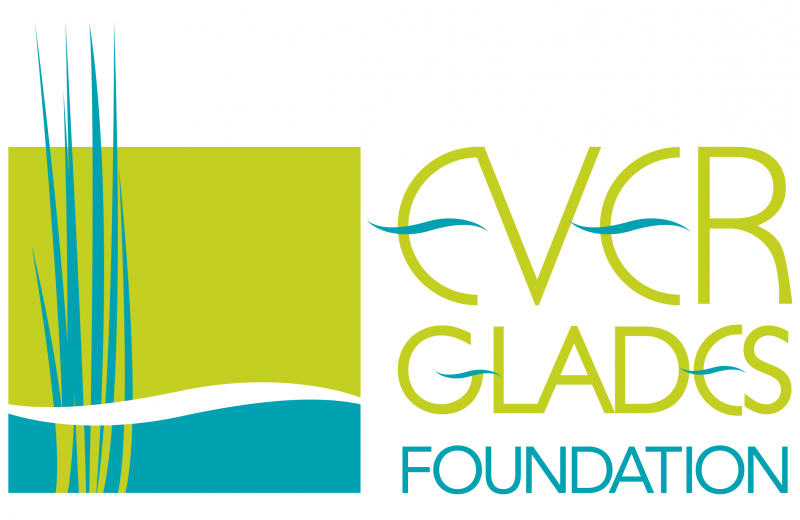4-year $10-million Prize for Algae Bloom Solution
Published on by Investment Matchmaking Manager, Employee at water filtration company in Investor
The Everglades Foundation will officially kick off it's four-year, $10-million George Barley Water Prize at the "Tapping Innovation: Breakthrough Thinking, Action & Awards".
 The event, sponsored by the Knight Foundation, will feature a distinguished group of water experts discussing the problem of excess nutrients, like phosphorus and nitrogen, causing toxic algae blooms, which foul drinking water, drive delicate ecosystems toward collapse, and annually cost the United States between $2.2 billion and $4.6 billion. The Foundation will also provide the attendees a tour of the Miami Science Barge, a floating environmental innovation lab.
The event, sponsored by the Knight Foundation, will feature a distinguished group of water experts discussing the problem of excess nutrients, like phosphorus and nitrogen, causing toxic algae blooms, which foul drinking water, drive delicate ecosystems toward collapse, and annually cost the United States between $2.2 billion and $4.6 billion. The Foundation will also provide the attendees a tour of the Miami Science Barge, a floating environmental innovation lab.
The prize competition, named in honor of the late Florida environmentalist George Barley, is designed to incentivize free-market solutions to the increasingly urgent algae bloom problem, which impacted about 15,000 water bodies worldwide in 2016, including those in at least 20 U.S. states.
The George Barley Water Prize marks the largest cash award ever offered in the field of water stewardship and has already attracted 147 teams from around the world, each striving to discover an innovative and cost-effective solution to remove phosphorus from our lakes, rivers and major freshwater bodies.
The Foundation will reveal the winners of the first two phases of Stage 1 of the competition - whose technological innovations, thus far only tested on a small scale, could perhaps go on to win the larger prize and ultimately provide the world with a solution that could reverse the environmental damage done to water bodies as large as Lake Erie.
"We are excited to officially kick off this unique opportunity for global impact," said Eric Eikenberg, CEO of The Foundation. "The world badly needs a solution to this problem. It has eluded governments and private industry, but we know there are some incredibly inventive entrepreneurs out there who want to apply their expertise to this issue. The competition's four-year timetable allows for the development, testing and production of a phosphorus removal technology that's ready to solve a local-to-global environmental problem. The first two phases of Stage 1 brought many compelling and innovative ideas to the table and we look forward to seeing what the next stage ushers in as the competition progresses."
Source: EurekAlert!
Media
Taxonomy
- Nutrients Recovery
- Environment
- Ecosystem Management
- Algae
- Hydrology Nutrient Cycling
- Ecosystem Services
- Algae Treatment
- Environment
- Innovation
- Investments
- Environment
- Environmental Engineering
- Investments
- Investment Management
- Nutrient Recovery & Reuse
- Environmental
- Investment
- Mountain Ecosystem
- Ecosystem
- Environmental Impact
1 Comment
-
We have developed new technology for making the entire Earth full of free Drinking Water. with our method each State for every country can get at least 100 TMC of Drinking water Free and this is for every Year and all the life of the planet
1 Comment reply
-
Dear sir, for every thing to do and come out successfully we should always thing GREEN electricity which is pollution free Co-Operative energy farming every house power plant cum workshop jobs to all https://youtu.be/qGFv6KHVokk, Please listen to my slide by slide presentation https://youtu.be/8Oby7PSIEqk
-